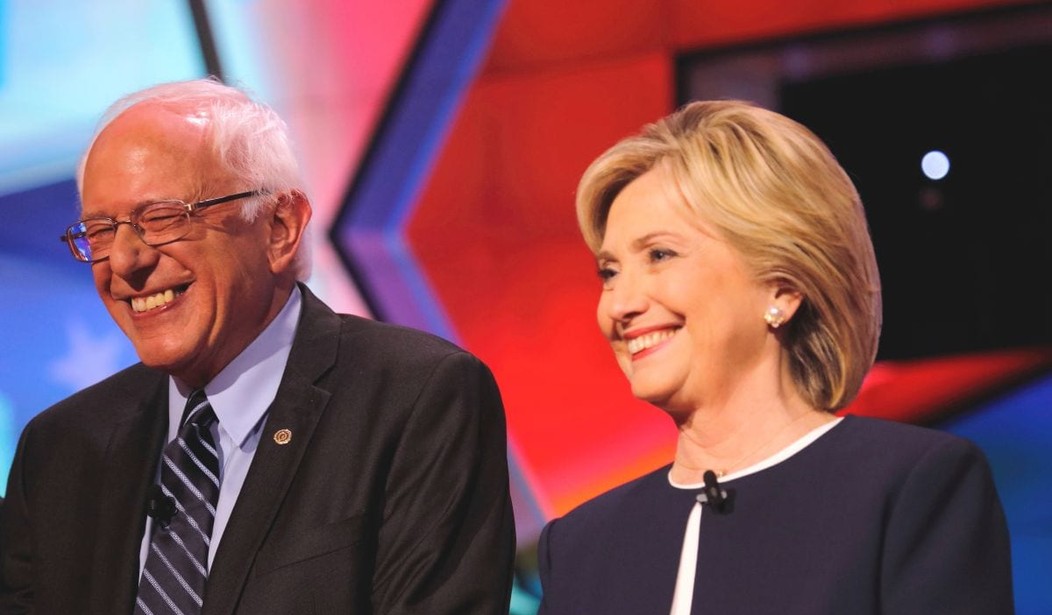Republican politicians are entertaining their worst fears about the fall campaign: Donald Trump at the head of the GOP ticket. To many GOP political professionals, Trump is a bad dream of a candidate who could potentially lead the party to an electoral disaster in November.
Unless Hillary Clinton is indicted.
At that point, all bets are off and the Democratic Party is thrown into chaos. Would she leave the campaign? Who would replace her if she did? And much depends on timing. If Clinton is indicted before the Democratic convention in late July, the delegates could choose virtually anyone at the convention. But what would happen if Hillary was indicted after the convention and before election day?
In the event that Clinton stepped aside after winning the nomination at the convention, the Democratic National Committee could decide on the replacement on its own.
If an indictment came before the convention, the path would be more difficult.
Unlike the Republican Party, which binds most of its delegates to candidates regardless of delegates’ personal preferences, Democratic candidates have input on who represents them on the convention floor.
“There are no Clinton-bound delegates who would prefer voting for Sanders, for example,” delegate expert and University of Georgia professor Josh Putnam, told The Hill.
“Those folks are essentially hand-picked to be loyal. They are unlikely to stray.”
Then there are the superdelegates, the 712 Democratic Party leaders, including members of Congress, who have the freedom to support any candidate at the convention.
The superdelegates are supporting Clinton in droves right now — 95 percent of those who have expressed a preference have chosen Clinton. But they could desert Clinton just as emphatically if her candidacy came to the brink of imploding, some say.
“The superdelegates would flee first because they are politicians,” said one Democratic strategist who has worked on presidential campaigns.
“They are most likely to feel the pressure not to cast their ballots in favor of a nominee under indictment.”
If enough pledged Clinton delegates and superdelegates went to Sanders and delivered him 2,383 delegates, he would win the nomination.
But delegates could also coalesce around a new candidate not in the race. One likely fallback would be Vice President Biden, who came very close to running for president last year.
But denying Sanders the nomination could come with a heavy price, potentially alienating the millions of Democrats who cast ballots for him in the primary process.
“Superdelegates do not necessarily vote as a bloc in a contested situation … there would be superdelegates going any number of ways in this scenario,” Putnam said.
“Politically, though, it would be difficult for them to vote as a bloc against someone like Sanders who has won a significant amount of votes in primaries and caucuses.”
What’s not mentioned is that the Obama administration might wait until after the election to indict Clinton. That kind of partisanship is not beyond President Obama, as we have seen in the past. The country would be in an uproar if Hillary won, but Obama won’t care — he’s out of office on January 20, 2017.
I think the most likely scenario, regardless of whether Clinton would be indicted before or after the convention, is Joe Biden. Sanders supporters will scream bloody murder, but the Vermont senator would be almost as bad for the Democrats at the head of the ticket as Donald Trump will be for Republicans.
Biden is a safe choice and might pledge to serve only one term. There would still be chaos in the Democratic Party, but at least it would give the Dems a fighting chance to prevail in November.










Join the conversation as a VIP Member